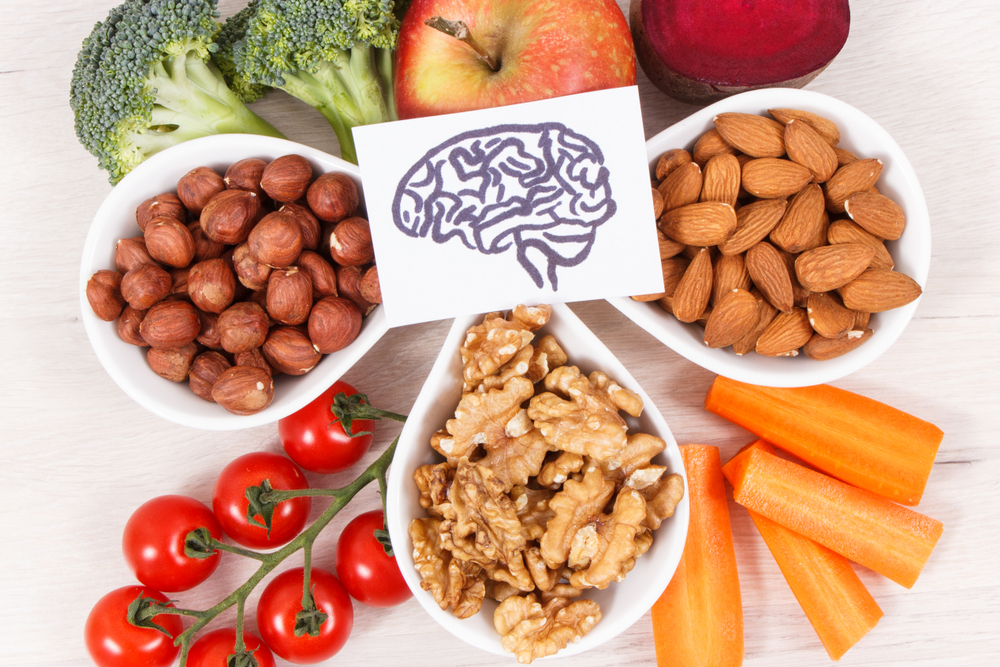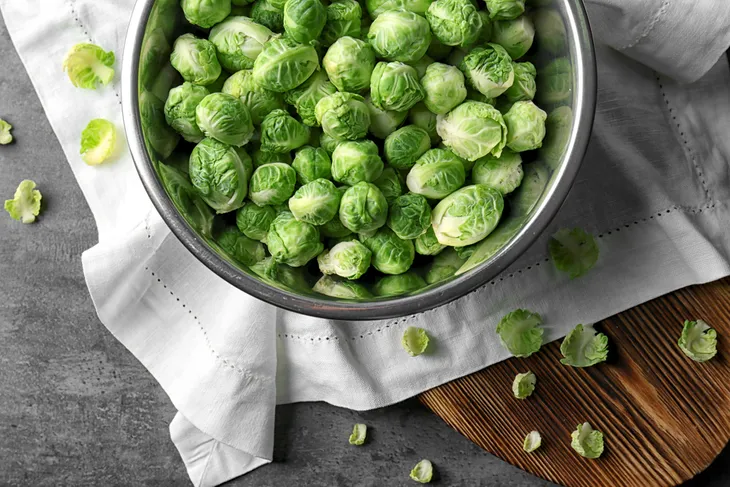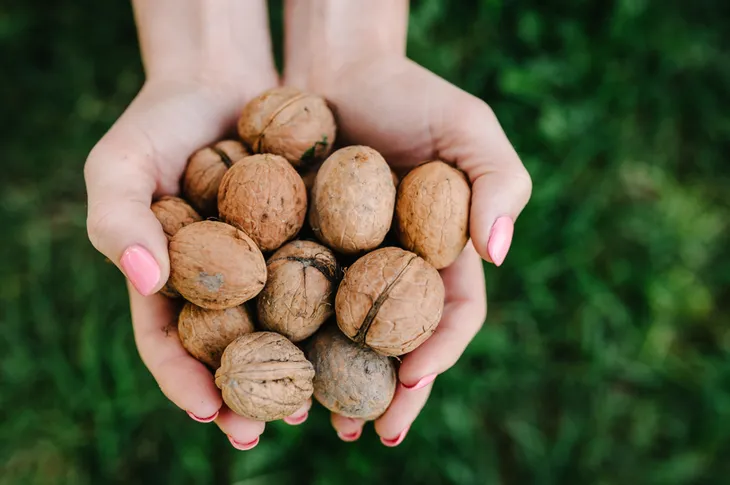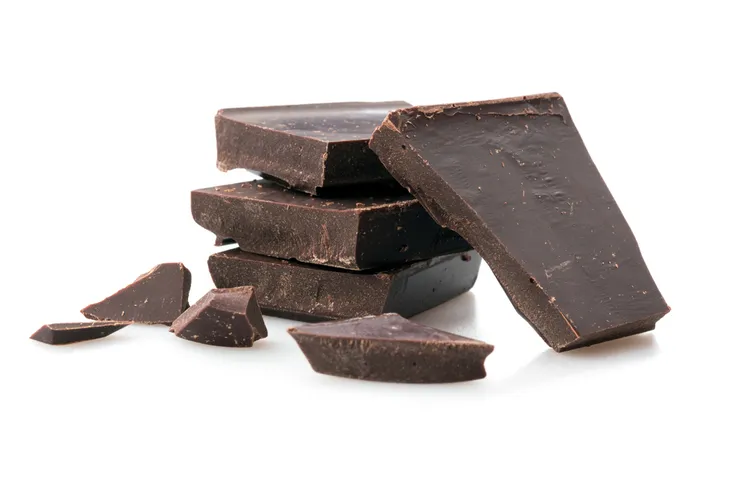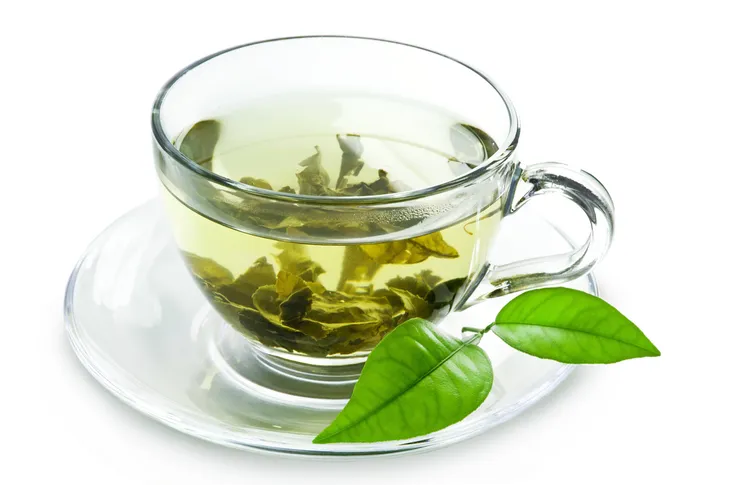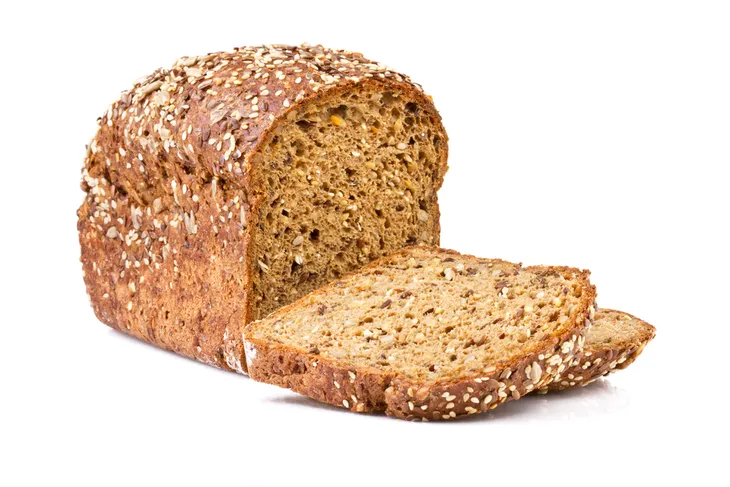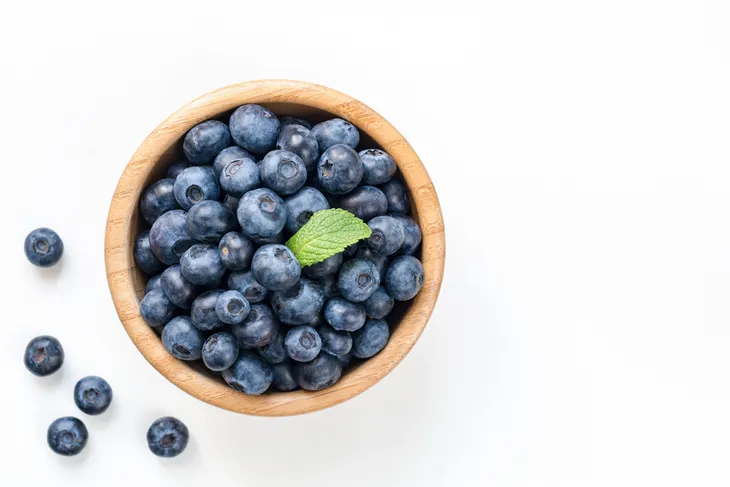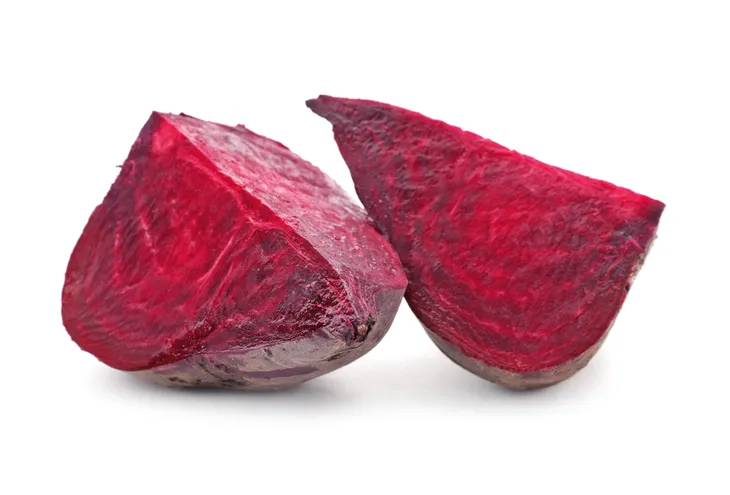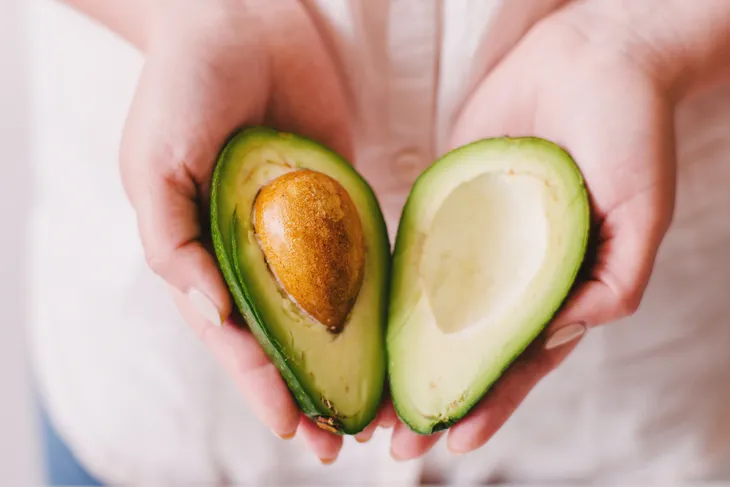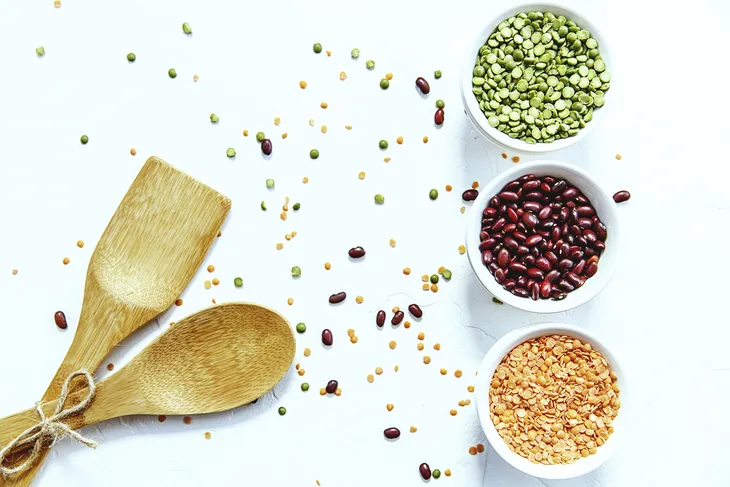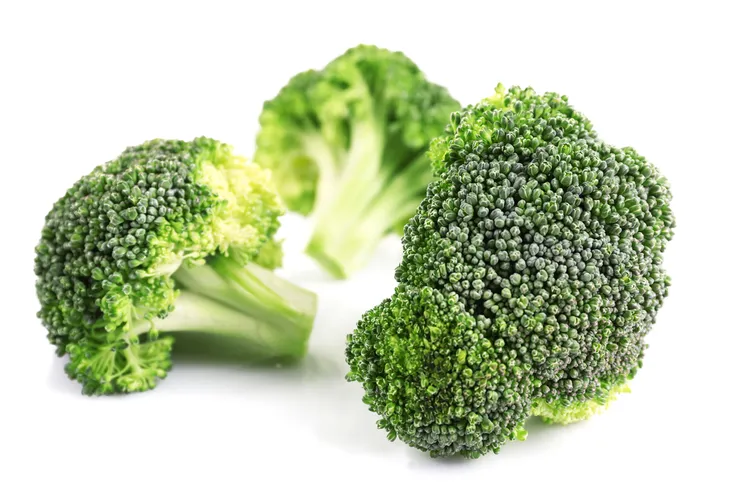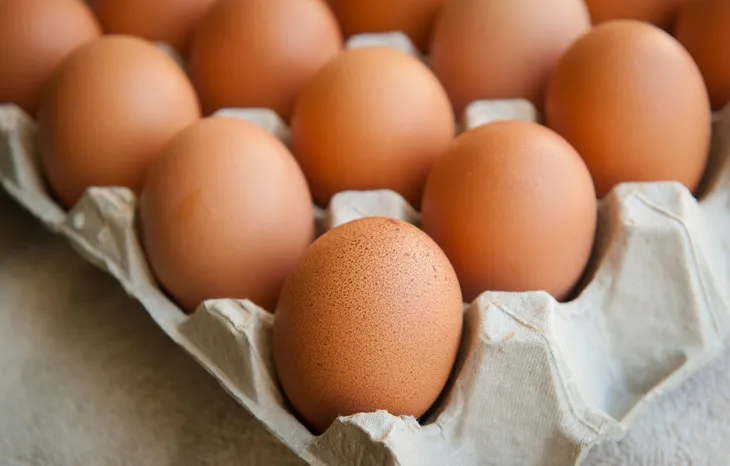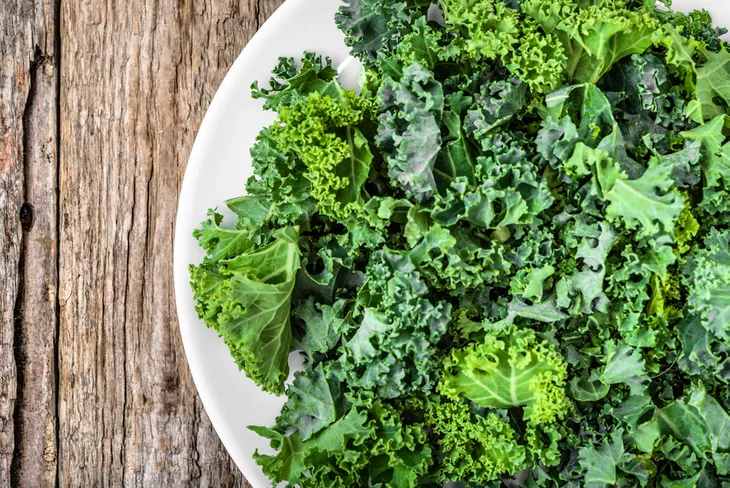We all know that some foods are healthier than others and can benefit our overall health with their various vitamins, nutrients and antioxidants, but there are also foods out there that can not only improve our health, but also boost our brain function! These real brain foods, or rather foods that fuel the brain, contain memory-powering protein, carbohydrates, omega-3 fatty acids, antioxidants, and other nutritional values.
Curious what foods to start eating in order to boost your brain function? Here’s a list of the 13 best brain powering superfoods!
Brussels Sprouts
Cruciferous veggies, like Brussels sprouts, or mini cabbages as I like to call them, really are brain food. If you’re part of the population that enjoys this sulfur containing veggie, you’ll benefit from a barrier shield of super-powered protection from oxidative stress, which Harvard researchers claim slows the cognitive decline of diseases like dementia and Alzheimer’s in women, and decreases the risk of stroke.
Walnuts
If you’re looking for a heart-healthy, brain boosting snack, a handful of walnuts is the way to go. Walnuts contain more vitamin E than any other nut. This vitamin boasts some amazing brain defenses, and according to a British study, improves analytical abilities in young adults by up to 10-percent.
If you’re not a fan of walnuts, don’t fret! WebMD notes that an ounce of any of the following nuts will provide similar benefits: hazelnuts, Brazil nuts, filberts, almonds, cashews, peanuts, sunflower seeds, sesame seeds, flax seed, and unhydrogenated nut butters like peanut butter, almond butter, and tahini.
Note to remember, when purchasing nuts to snack on, always buy them unsalted so that you’re not consuming too much sodium.
Dark Chocolate
If you’re like me, you don’t need anyone to convince you to eat more chocolate! However, we’re not talking about those commercially packaged, fatty chocolate bars found in the candy aisle. We’re talking about that rich, dark, cocoa. In fact, the darker the chocolate, the healthier it is. All it takes is a little piece a day because dark chocolate contains flavonoids that have antioxidant and anti-inflammatory properties, says Dr. Axe. “They can also help lower blood pressure and improve blood flow to both the brain and heart,” explains the source.
A research study that monitored the memory performance in a group of colleague-aged students noted that those who ate dark chocolate (at least 70-percent) enjoyed almost immediate cognitive improvements. Health scientists credit the flavanols found in cocoa (or dark chocolate) for increasing blood vessel function in and to the brain.
Green Tea
Many of us turn to coffee in order to get a little extra boost in the morning so that we can function through our still sleepy mind, but in reality, the best thing for our brain is tea! WebMD recommends drinking two to three cups of freshly brewed tea and it can even have a bit of caffeine in it.
Tea boosts brain power by enhancing our memory, focus, and mood. “Tea also has potent antioxidants, especially the class known as catechins, which promotes healthy blood flow,” writes WebMD. Green tea is among the best because it contains catechin’s and thiamine, an amino-acid. Both of these stimulate the brain naturally for better focus. Just be sure to consume either freshly brewed tea or tea bags because the bottled and powdered kind don’t count.
Whole Grains
There is a reason behind why we crave carbohydrates when we’re mentally exhausted. It’s the type of carb we all reach for to make a difference in our brain function. For instance, whole grains, which are high in complexity, are also a slow burning fiber that will keep our blood sugar balanced so we don’t suffer brain energy drain.
WebMD suggests eating grains like oatmeal, whole-grain bread, and brown rice. These will all contribute to brain function and lower the risk of heart disease. “Every organ in the body is dependent on blood flow,” says Steven Pratt, MD, author of Superfoods Rx: Fourteen Foods Proven to Change Your Life to WebMD. “If you promote cardiovascular health, you’re promoting good flow to the organ system, which includes the brain.” When eating whole grains, aim for 1/2-cup of whole grain cereal or a single slice of bread two or three times a day.
Fatty Fish
All fatty fish including tuna, salmon, halibut, and sardines are good for the brain thanks to their omega-3 fatty acids (namely docosahexaenoic acid, DHA, and eicosapentaenoic acid, also referred to as EPA), which the U.S.-based Inflammation Research Foundation claim are the vital building blocks for fresh neuron formation. They also contain anti-inflammatory substances.
According to WebMD who talked to Ann Kulze, MD and Steven Pratt, MD, wild salmon is among the best due to its cleanliness and supply. Both Pratt and Kulze recommend eating a 4-ounce serving of fatty fish two or three times a week.
Blueberries
Blueberries are teeny tiny little fruits, but don’t underestimate them based on their size! These little fruits have been dubbed “brainberries” by Steven Pratt, MD, author of Superfoods Rx: Fourteen Foods Proven to Change Your Life. Pratt explains to WebMD that animal studies have proven blueberries can help protect the brain from oxidative stress and could even reduce age-related conditions like Alzheimer’s disease or dementia. “Studies have also shown that diets rich in blueberries significantly improved both the learning capacity and motor skills of aging rats, making them mentally equivalent to much younger rats,” writes the source.
Beets
We will admit it, beets aren’t everyone’s favorite food. They tend to be on the more unpopular side and we’re not sure if it’s because they look a little funny, taste a little funny, or people just have bad memories of their parents forcing them to eat strange food. Either way, there are actually more reasons to eat this earthy vegetable than there are to not!
Not only do they reduce inflammation and fight off cancer, but they can naturally help our body rid the blood of toxins and boost blood flow to the brain. “The natural nitrates in beets actually boost blood flow to the brain, helping with mental performance,” writes Dr. Axe. Plus, they can also boost your endurance during tough workouts. What’s not to like about all that?!
Avocado
Avocados are super popular in the health community right now. While they’ve actually been around for quite some time, there has been a recent surge in their popularity. People love that they are so versatile — they can be mashed and whipped up into a dip or spread, sliced and eaten on a piece of toast, or used as a topper on a salad. There are so many great ways to enjoy avocados. On top of all that, they reap some pretty incredible health benefits. “I don’t think the avocado gets its due,” says Ann Kulze, to WebMD. Don’t be scared that it’s considered to be a fat because avocados are a healthy monounsaturated fat which helps improve blood flow. “And healthy blood flow means a healthy brain.”
Steven Pratt also chimes in and adds that avocados are great for lowering blood pressure and because hypertension is a risk factor for cognitive decline, lowering blood pressure will promote good brain health, explains WebMD. Just be wary that avocados are high in calories, so while they are healthy, they should be enjoyed in moderation. Aim to eat about 1/4 or 1/2 an avocado a day.
Beans
Beans, beans the magical fruit, the more you eat the more you…think? According to Ann Kulze, MD, beans are totally “under-recognized” because not only are they super economical, but they can also stabilize blood sugar levels. You might be wondering what blood sugar levels have to do with boosting the brain. Well, Kulze explains that the brain is dependent on glucose as fuel for function, “and since it can’t store the glucose, it relies on a steady stream of energy — which beans can provide,” writes WebMD.
When considering what type of bean to eat, Kulze recommends lentils or black beans, but in reality any bean will do. You should aim for about 1/2 a cup each day.
Broccoli
There’s a reason your mother told you to eat your greens growing up — it’s because green vegetables, like broccoli, are among the best brain foods out there! Dr. Axe explains that broccoli is loaded with vitamin K and choline which help keep our memory sharp. “It’s also loaded with vitamin C — in fact, just one cup provides you with 150-percent of your recommended daily intake,” writes the source. “It’s high-fiber levels mean that you’ll feel full quickly, too.”
Eggs
There’s a reason eggs are one of the most popular breakfast foods out there! Eggs are a great food to start the day because they are rich in protein and choline, a B vitamin. “When you eat eggs, your brain uses choline to make acetylcholine, a neurotransmitter that may be important for maintaining memory and communication among brain cells,” writes Reader’s Digest. Researchers at Boston University followed the eating habits of 1,400 adults and found a correlation between intake of choline and higher performances on memory tests.
It’s important to note that you need to eat the yolk in order to reap these benefits because the yolk is what contains the most amount of choline. This nutrient is especially important for pregnant women as it helps with fetal brain development. It can also make us happy as it “breaks down bethane, a chemical that produces hormones related to happiness,” explains Dr. Axe.
Kale
We should all be eating more dark, leafy greens on a daily basis because they are loaded with health benefits and powerful antioxidants. However, one of their best benefits which might be the reason you start eating them more is that they can protect our brain from toxic free radicals, says Reader’s Digest.
The Alzheimer’s Association refers to one particular study of older women who ate green, leafy vegetables and the results showed their minds performed at a level one or two years younger than what they were. This was compared to women who ate much fewer leafy, green vegetables. There’s also research that shows kale, Swiss chard, and romaine lettuce can help prevent dementia, says Dr. Axe.
